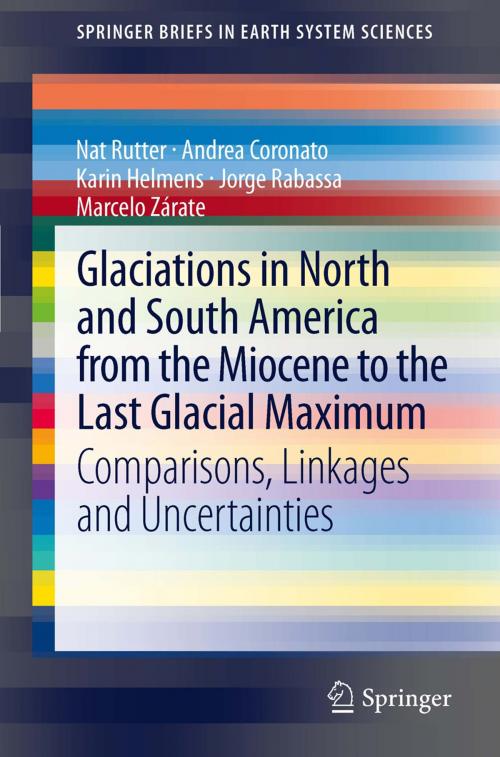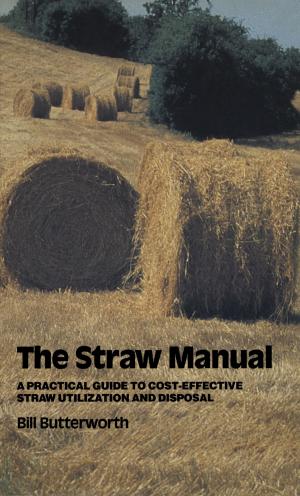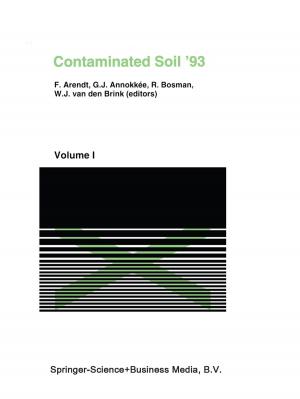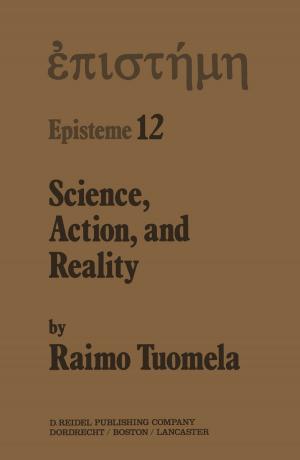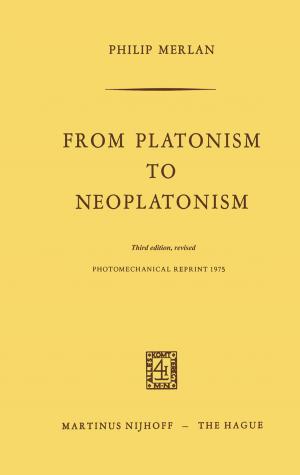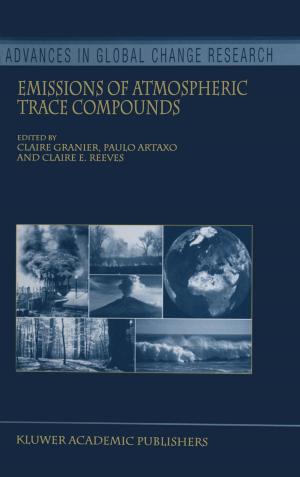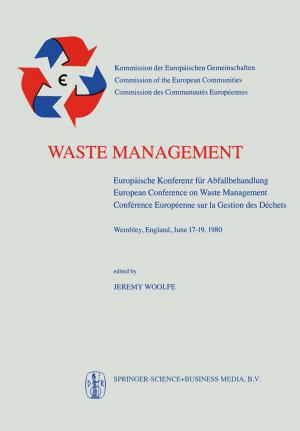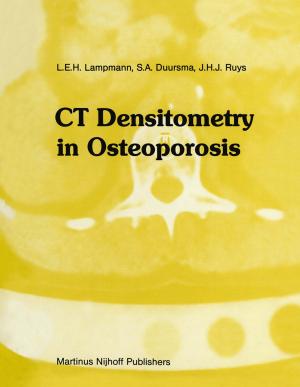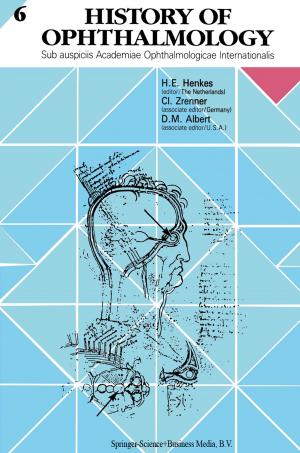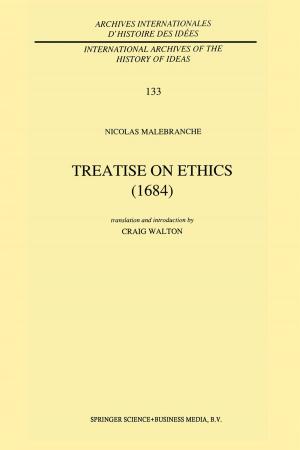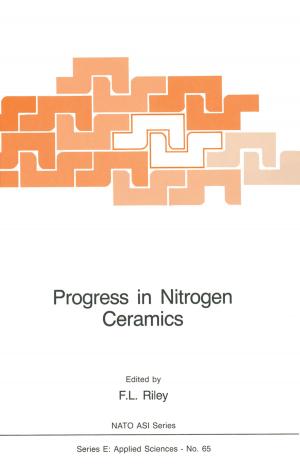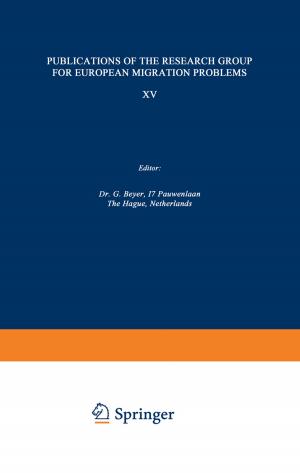Glaciations in North and South America from the Miocene to the Last Glacial Maximum
Comparisons, Linkages and Uncertainties
Nonfiction, Science & Nature, Science, Other Sciences, Meteorology, Earth Sciences, Geology| Author: | Nat Rutter, Andrea Coronato, Karin Helmens, Jorge Rabassa, Marcelo Zárate | ISBN: | 9789400743991 |
| Publisher: | Springer Netherlands | Publication: | June 30, 2012 |
| Imprint: | Springer | Language: | English |
| Author: | Nat Rutter, Andrea Coronato, Karin Helmens, Jorge Rabassa, Marcelo Zárate |
| ISBN: | 9789400743991 |
| Publisher: | Springer Netherlands |
| Publication: | June 30, 2012 |
| Imprint: | Springer |
| Language: | English |
Improved dating methods have increased our ability to more precisely determine the timing and durations of glaciations. Utilizing glacial and loess deposits, we have compared glaciations that occurred in North and South America in order to determine if events are synchronous or not, to explore forcing mechanisms, and to compare glaciations with cold periods of the Marine Oxygen Isotope stages and the loess/paleosol records of China. Stratigraphic sections containing a variety of glacial deposits, some with interbedded volcanics, as well as loess deposits, were used in reconstructing the glacial history. The Late Pleistocene (Brunhes Chron) Last Glacial Maximum is recognized in mountain and continental areas of North America but only in the mountains of South America. Commonly our comparisons indicate roughly synchronous glaciations on the two continents, whereas other glaciations are more elusive and difficult to compare. Although our comparisons are at low resolutions, the results suggest that Milankovitch forcing is most likely the dominant trigger for hemispheric glaciation modified by local factors.
Improved dating methods have increased our ability to more precisely determine the timing and durations of glaciations. Utilizing glacial and loess deposits, we have compared glaciations that occurred in North and South America in order to determine if events are synchronous or not, to explore forcing mechanisms, and to compare glaciations with cold periods of the Marine Oxygen Isotope stages and the loess/paleosol records of China. Stratigraphic sections containing a variety of glacial deposits, some with interbedded volcanics, as well as loess deposits, were used in reconstructing the glacial history. The Late Pleistocene (Brunhes Chron) Last Glacial Maximum is recognized in mountain and continental areas of North America but only in the mountains of South America. Commonly our comparisons indicate roughly synchronous glaciations on the two continents, whereas other glaciations are more elusive and difficult to compare. Although our comparisons are at low resolutions, the results suggest that Milankovitch forcing is most likely the dominant trigger for hemispheric glaciation modified by local factors.
